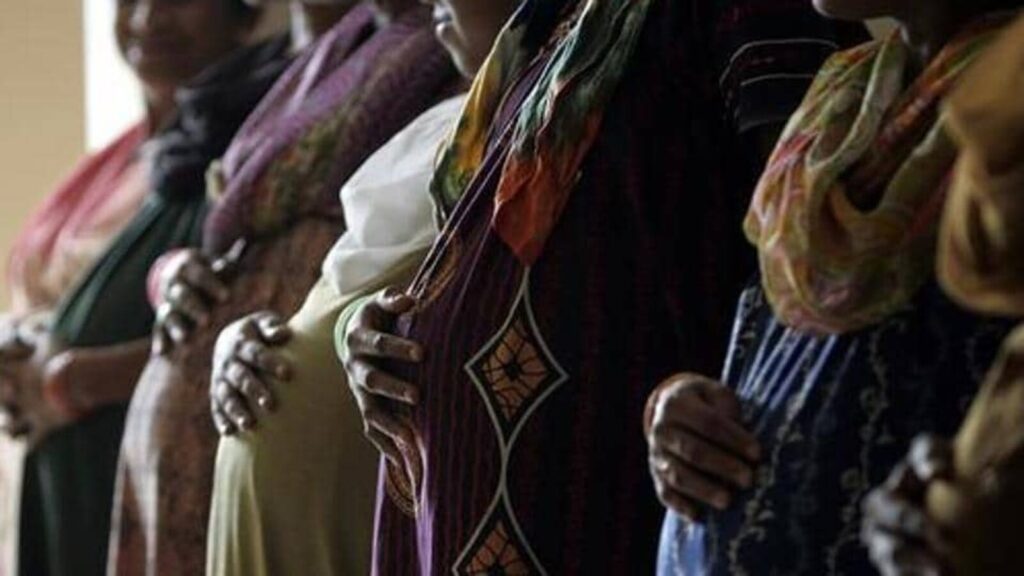The government has tweaked the Surrogacy (Regulation) Rules to allow married couples to use donor gametes (the reproductive cells, the sperm and the ova) if one of them is unable to provide viable ova or sperm. The earlier provision meant a married couple could only opt for surrogacy if the gametes used came from them. With a range of conditions affecting fertility, including the non-viability or even non-production of gametes, the rules were out of sync with the reality of the demand for assisted reproduction in the country. The rethink, though certainly welcome, is quite telling. The Surrogacy (Regulation) Act remains a much-flawed legislation, and incremental corrections mean sections of the population will continue to be deprived of the option.
The government has tweaked the Surrogacy (Regulation) Rules to allow married couples to use donor gametes (the reproductive cells, the sperm and the ova) if one of them is unable to provide viable ova or sperm. The earlier provision meant a married couple could only opt for surrogacy if the gametes used came from them. With a range of conditions affecting fertility, including the non-viability or even non-production of gametes, the rules were out of sync with the reality of the demand for assisted reproduction in the country. The rethink, though certainly welcome, is quite telling. The Surrogacy (Regulation) Act remains a much-flawed legislation, and incremental corrections mean sections of the population will continue to be deprived of the option.
Even in the present instance, widows and women divorcees can’t use donor gametes, though they are allowed to avail of surrogacy with their own ova and donor sperm. This, however, is only a facet of the much larger exclusion the Act begets. Unmarried couples, and never-married singles who face fertility issues are deemed ineligible by it for choosing the surrogacy route. Denial of reproductive choices to a chunk of the population is symptomatic of the social biases against the heteronormatively and maritally non-conforming. The Act also remains problematic in its definition of an eligible surrogate — a close relative who is married and has had a child before, with previous incidences of surrogacy limited to one. The intent, of course, was to crack down on exploitative commercial surrogacy while promoting altruistic surrogacy. But, whether the relative volunteers independently or is “volunteered” by her family could be hard to determine, bringing with it its own structure of exploitation, only uncompensated this time. Surrogacy was made legal in 2002 but remained unregulated till the Act was passed in 2022. A regulatory tunnel vision has ensured that many of the positives that were fostered in the absence of regulation are now lost.
Continue reading with HT Premium Subscription
Daily E Paper I Premium Articles I Brunch E Magazine I Daily Infographics


